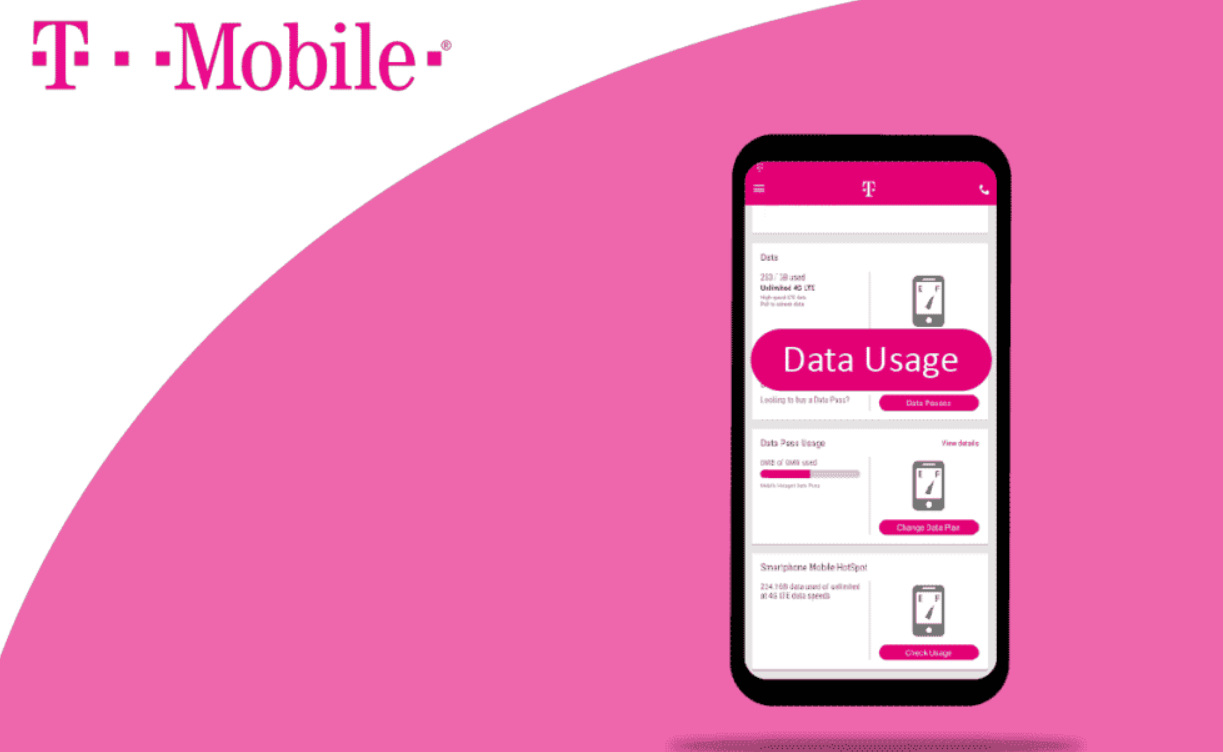In today’s fast-paced, technology-driven landscape, small businesses are increasingly reliant on mobile devices to conduct their operations. From managing finances and marketing to communicating with customers and employees, mobile technology has become an integral part of the entrepreneurial toolkit. However, this reliance on mobile devices also brings with it unique risks and challenges, particularly when it comes to protecting your business from unforeseen events. This is where small business insurance comes into play, and in this comprehensive guide, we’ll explore how mobile usage is shaping the insurance landscape for modern entrepreneurs.
Contents
The Rise of Mobile in Small Business Operations
Before we delve into the specifics of small business insurance in the mobile age, it’s crucial to understand the extent to which mobile devices have permeated the entrepreneurial landscape.
- Mobile as the Primary Business Tool: For many small business owners, smartphones and tablets have replaced traditional desktop computers as their primary work tools. This shift is driven by the convenience, portability, and affordability of mobile devices.
- The App Economy: The proliferation of mobile apps has revolutionized how small businesses operate. From accounting and invoicing apps to customer relationship management (CRM) tools, entrepreneurs can now access a wide range of software solutions directly from their mobile devices.
- E-commerce and Mobile Payments: Mobile technology has also transformed the way small businesses sell products and services. E-commerce platforms and mobile payment solutions have made it easier than ever for entrepreneurs to reach customers and process transactions on the go.
Mobile Risks and the Need for Insurance
While mobile technology has undoubtedly empowered small businesses, it has also introduced new risks and vulnerabilities that entrepreneurs need to address.
- Data Breaches and Cyberattacks: Small businesses are increasingly targeted by cybercriminals seeking to steal sensitive customer data or disrupt operations. Mobile devices, if not adequately secured, can become entry points for these attacks.
- Loss or Theft of Devices: Mobile devices are prone to loss or theft, and if they contain confidential business information, this can have serious consequences for your company.
- Mobile Malware and Viruses: Malicious software can infect mobile devices, compromising data and potentially disrupting operations.
- Liability for Mobile Content: If your business uses mobile devices to create or distribute content, you could be held liable for any copyright infringement or defamation issues that arise.
Types of Small Business Insurance for the Mobile Age
To mitigate these risks, small business owners should consider a comprehensive insurance strategy that addresses the unique challenges of the mobile age. Here are some key types of insurance to consider:
- Cyber Liability Insurance: This type of insurance covers losses and liabilities resulting from cyberattacks, data breaches, and other cyber incidents. It can help your business recover financially from the costs of data recovery, legal fees, and customer notification.
- Property Insurance: This insurance covers the loss or damage of physical assets, including mobile devices. If your smartphone or tablet is stolen or damaged, property insurance can help you replace it.
- Business Interruption Insurance: If a cyberattack or other covered event disrupts your business operations, this insurance can replace lost income and cover ongoing expenses until you’re back up and running.
- Errors and Omissions (E&O) Insurance: Also known as professional liability insurance, E&O insurance protects your business from claims of negligence or errors in the services you provide. This is particularly important if your business relies on mobile devices to deliver services or advice.
Choosing the Right Insurance for Your Small Business

Selecting the appropriate insurance coverage for your small business requires careful consideration of several factors:
- The Nature of Your Business: The type of business you run and the specific risks you face will dictate the types of insurance you need. For example, if your business stores sensitive customer data on mobile devices, cyber liability insurance is a must.
- The Value of Your Mobile Assets: Determine the value of your mobile devices and the data they contain. This will help you choose the right level of property insurance coverage.
- Your Budget: Insurance costs can vary depending on the types and levels of coverage you select. It’s important to find a balance between adequate protection and affordability.
Read More: Does WhatsApp Show Up on Phone Bill? The Definitive Answer
Best Practices for Mobile Security
In addition to insurance, small business owners should also implement robust mobile security practices to minimize risks:
- Strong Passwords and Authentication: Use strong passwords and biometric authentication (e.g., fingerprint or facial recognition) to protect your mobile devices.
- Encryption: Encrypt sensitive data stored on your mobile devices to prevent unauthorized access.
- Regular Software Updates: Keep your mobile operating systems and apps updated to patch security vulnerabilities.
- Mobile Device Management (MDM) Software: Consider using MDM software to remotely manage and secure your company’s mobile devices.
The Future of Small Business Insurance in a Mobile World
As mobile technology continues to evolve, the insurance industry is adapting to meet the changing needs of small businesses. Here are some trends to watch:
- Usage-Based Insurance: Some insurers are exploring usage-based insurance models that tailor premiums based on how mobile devices are used. For example, businesses with strong security practices may qualify for lower rates.
- Mobile-Specific Insurance Products: We can expect to see more insurance products specifically designed for the risks associated with mobile technology.
- Integration of Insurance with Mobile Security: Insurance providers may partner with mobile security companies to offer integrated solutions that combine insurance coverage with advanced security tools.
Conclusion
In the mobile-first era, small business insurance is not a luxury but a necessity. By understanding the unique risks and challenges posed by mobile technology and taking proactive steps to mitigate them, you can protect your business from unforeseen events and ensure its continued success. Remember, the right insurance coverage, combined with robust mobile security practices, is the key to safeguarding your business in an increasingly mobile world.







